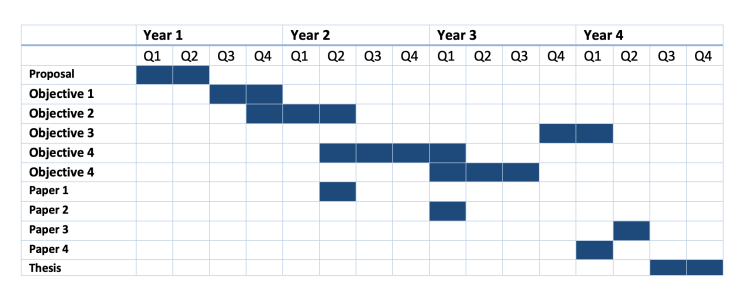Jurrian van Irsel

Project
Tags
Promotor
Ruud Foppen
Co-promoter(s)
Henk van der Jeugd; Kevin Matson
Institute
NIOO-KNAW , Vogeltrekstation Dutch Centre for Avian Migration
Description PhD project
Increased global connectivity, socioeconomic growth and environment degradation and climate change drive the (re-)emergence of infectious diseases, which may cause a significant burden on economies and public health. The interactions between vector, host, and virus transmission are complex and therefore it has been difficult to predict timing and amplification in areas prone to virus emergence. Our project aims to understand which factors drive mosquito borne virus emergence and subsequent amplification. This will be investigated by determining the impact of the mosquito borne virus Usutu on populations of a wide range of European bird species in the Netherlands. Birds are important hosts in a range of mosquito borne viruses and are also among the best monitored taxonomic group. Therefore, changes in bird populations may act as an early warning for detection of emerging diseases. To understand the impact of diseases on animal populations we will create annual maps of Usutu occurrence by integrating dead surveillance, recovery data and live bird surveillance data. Using these spatio-temporal Usutu distribution maps and spatially explicit population trend information, we will investigate the impact of Usutu on the populations of a wide range of European bird species. Furthermore, we will investigate whether species traits, such as behaviour, phenology, habitat and community structure predict Usutu impact to determine possible ways of amplification and movement of the Usutu virus across habitats. Finally, we will investigate whether seasonal changes in the population age-structure affects virus amplification by first determining whether Common blackbird chicks differ in their immune status between urban and natural habitats, and subsequently conduct a supplementary feeding experiment to determine the effect of food conditions during the nestling phase on the immune status of nestlings.
Research questions / objectives
- What is the distribution of Usutu spatially and temporally over the Netherlands over the past years?
- Which species are impacted by Usutu virus and how does this differ between habitats?
- Can we identify similar traits that predict the impact of flavivirus on species population trends and what is the role of the avian community and habitat?
- Are there differences in nestling immune statuses between habitats and are these driven by food limitations?
Timeline

Tags matching with the contents of track 4
Methods
-
Labwork
- PCR: My research involves PCR to detect Usutu and WN virus. Besides, I will use some novel methods that are nowhere described related to immune assays.
Fieldwork
- Habitat characterization: I will use some habitat characterization based on existing land-use data to determine the influence on Usutu occurrence.
- Bird trapping/sampling/surveillance: My research involves trapping birds for surveillance and experimental work on Blackbird nestlings in nests in the field.
Citizen science
- Citizen science: All bird presence data (Sovon data) and the live surveillance bird ringing data (VT data) are collected by CS.
Modelling
- Species distribution: I will make distribution models of Usutu occurrence and try to develop a species distribution model based on current annual bird monitoring surveys.
- Epidemiological modelling: Partly including this, as I will be determining the effect of bird community and species host susceptibility on the R0.
Topics
-
Vector
- Vector host-preference: I partly use this as I will determine the host susceptibility based on morphological traits that may relate to mosquito biting preference
Host:
- Host abundance: I will analyze the abundances of birds using Sovon data.
- Host susceptibility: I use this as I will determine the host susceptibility based on literature and outcomes of population trend analyses
Environmental
- Water: Included in my study in the occurrence maps of Usutu in NL and also in the modelling of the species distribution. Mainly as a variable to mask areas unsuitable for possible habitat. No further ideas are present using water as environmental factor thus far.
- Climate: Included in my study in the occurrence maps of Usutu in NL and also in the modelling of the species distribution. In particular monthly/daily temperature and precipitation.
- Habitat type: Included in my study in the occurrence maps of Usutu in NL and also in the modelling of the species distribution.
Virus
- Pathogenicity: Partly involved in my project. I will focus on the impact of Usutu virus on birds.
- Virus-host interaction: I will determine the impact of Usutu virus on avian population trends. This does not involve laboratory experimental studies.
Species
-
Species
- I will focus my research on dead and alive birds over a wide range of wild European bird species. I will include field work on at least Common blackbird nestlings.
Virus
-
Virus
- West Nile virus: As WNV may occurs in the NL in coming years, my analysis may be extended to this virus as well. In my fieldwork blood analyses will include testing for Usutu and WNV presence.
- Usutu Virus: My main focus will be on Usutu virus and it’s impact on populations.